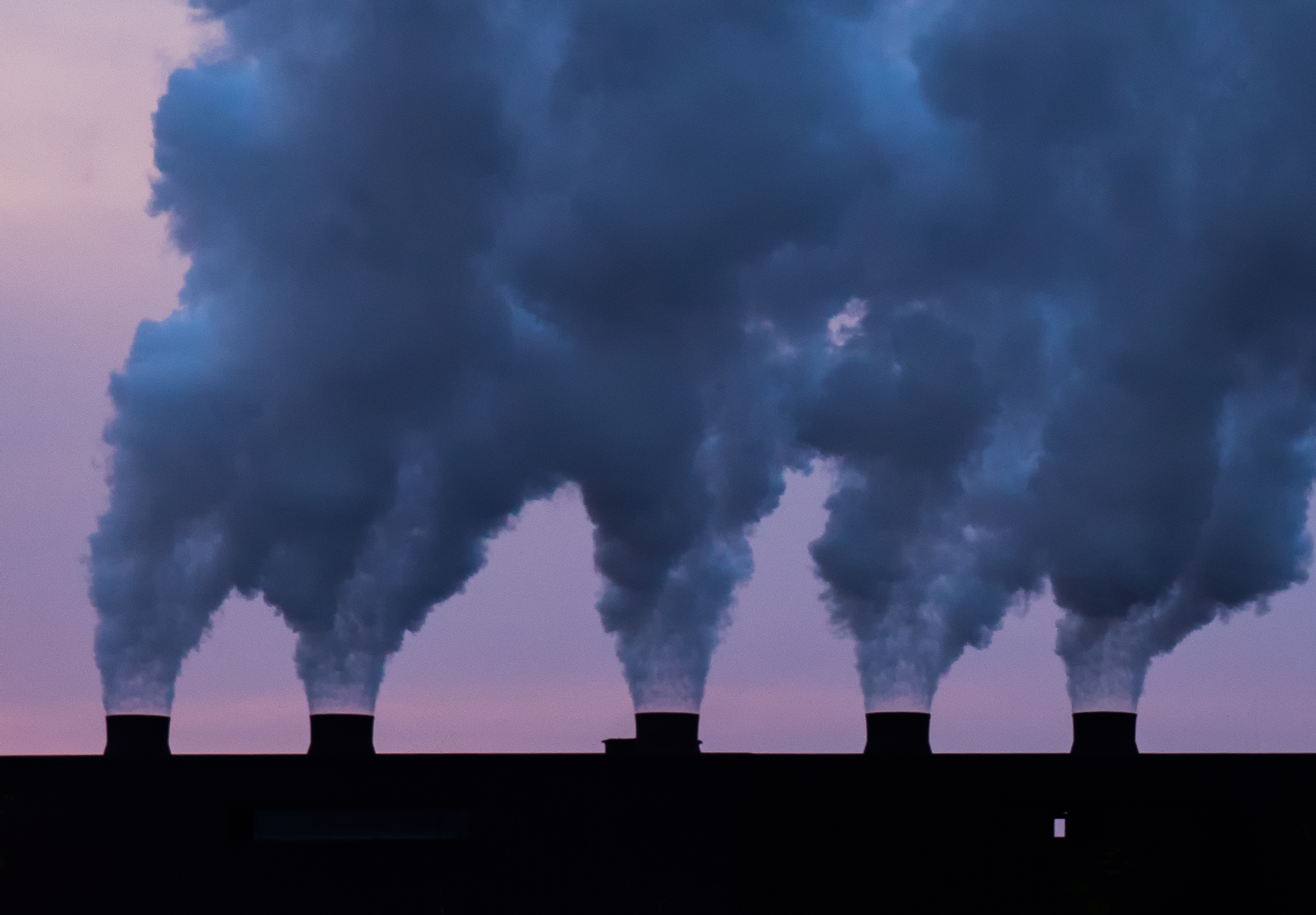Why You Need to Take Climate Action Now
Everyday pollutants including methane, black carbon, hydrofluorocarbons, and ozone gases leave a massive impact on the environment. Besides the global warming potential, pollutants also significantly affect air, water, food, and economic security for much of the world. As a result, there is a long list of proposed measures to help achieve the sustainable development goals (SDGs).
Saying you would act is not enough; you should act now. Delayed efforts to mitigate the effects of pollution pose an adverse and potentially irreversible impact on the environment. Here are some reasons why it is imperative to act now.
To Address Global Warming
Individual actions against pollutants could see a reduction in global temperatures by 0.6 degrees in the following years. However, this can only be achieved if individuals start taking measures to cut down the greenhouse emissions. This temperature reduction will be instrumental in realising the 2 degrees target set by the Paris agreement.
To Improve Global Health
Researchers have established close links between warmer climates and public health issues such as the prevalence of heat aggravated illnesses and decreased access to water and food. Thus, reducing pollution could go a long way in reducing global warming and  its related public health issues. For instance, dealing with pollutants such as ozone and black carbon could see a marked reduction in premature deaths blamed on dangerous air pollutants.
its related public health issues. For instance, dealing with pollutants such as ozone and black carbon could see a marked reduction in premature deaths blamed on dangerous air pollutants.
To Promote Food Security
Pollution and its effects pose a real threat to global food security. Floods, drought, increase in pests, and diseases hurt global food production. Thus, taking climate action gives you a better chance of managing the risk to food security. Researchers have established that pollution caused by tropospheric ozone, singularly, could cost up to 110 million tonnes in annual losses of the major staple crops.
To Save the Economy
The impact of pollution and global warming on public health, agriculture, and the entire ecosystem has economic consequences. For instance, the massive dip in plant yields caused by pollution costs billions of pounds annually. The financial burden caused by pollution can be addressed by cutting down short-lived pollutants at an individual level.
Immediate actions to address pollution promise a long list of short-term benefits. Combined, these benefits aid in the realisation of the SDGs.
